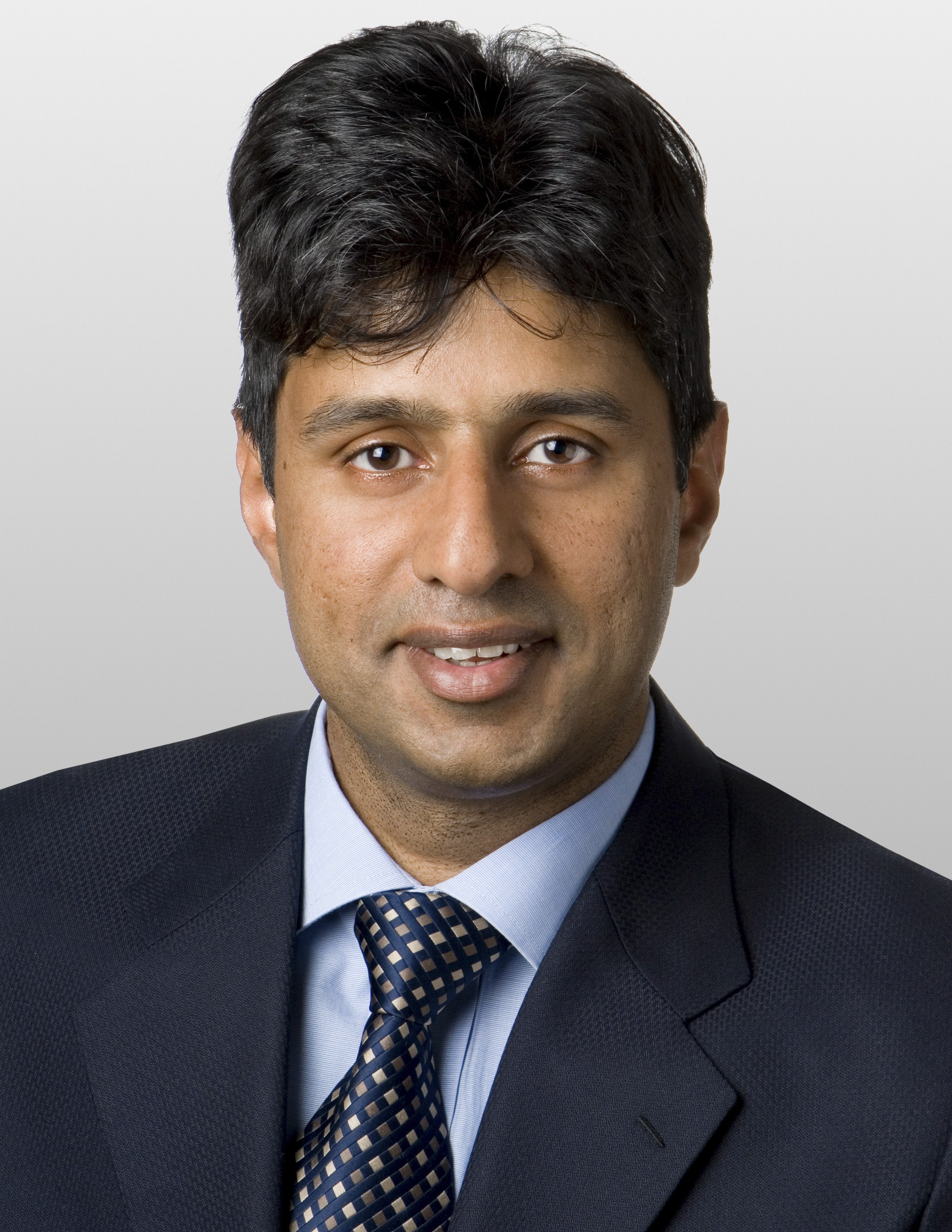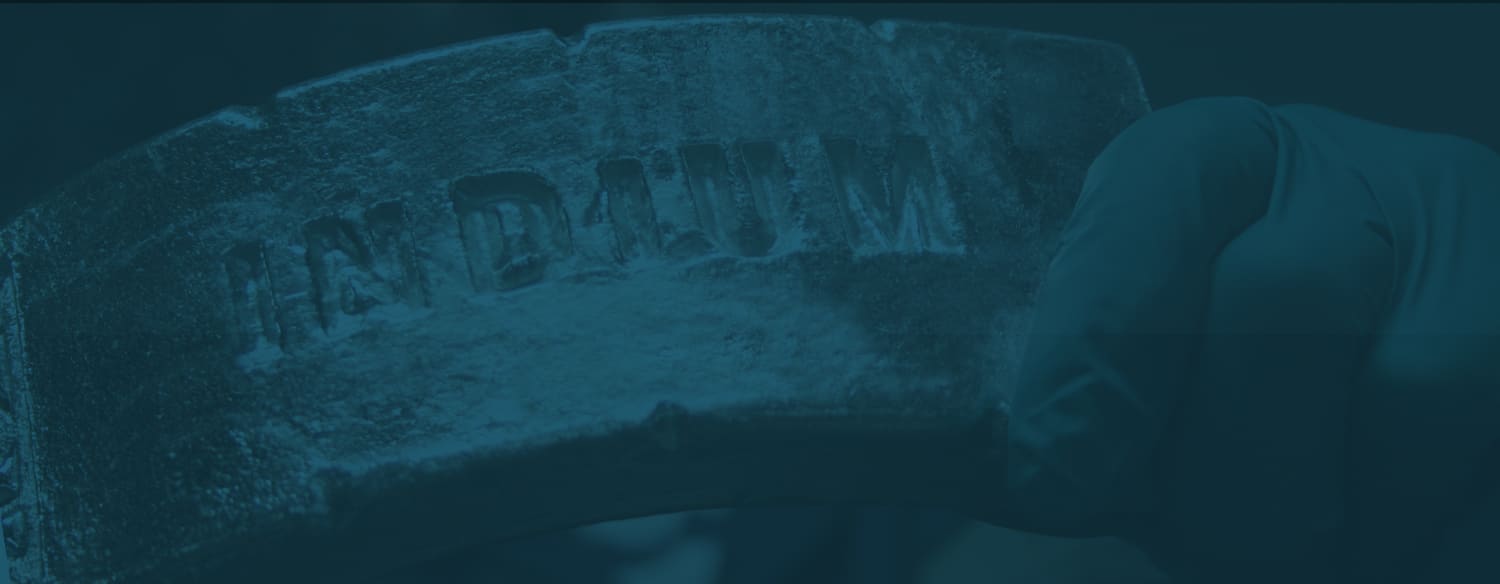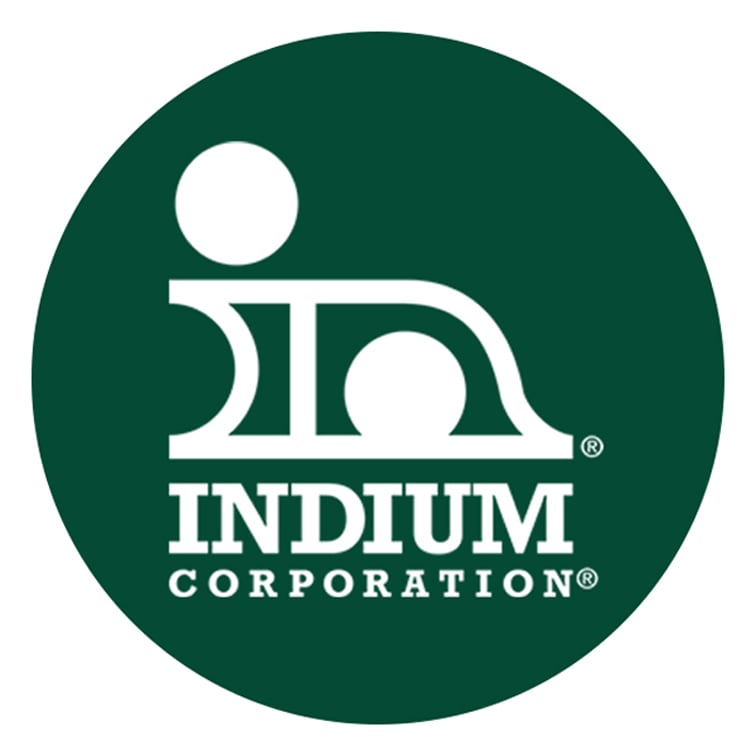 I recently had a chance to catch up with a friend and colleague, Jasbir Bath. If you’ve spent time in the electronics assembly industry you have most likely met him, heard of him, or used an industry standard that he has helped create. Jasbir is a founding member of The Solar Engineering & Manufacturing Association, SEMA. Who better to talk to about a new association than a founding member?
I recently had a chance to catch up with a friend and colleague, Jasbir Bath. If you’ve spent time in the electronics assembly industry you have most likely met him, heard of him, or used an industry standard that he has helped create. Jasbir is a founding member of The Solar Engineering & Manufacturing Association, SEMA. Who better to talk to about a new association than a founding member?
Jim: The Solar Engineering and Manufacturing Association (SEMA) is a relatively new association for engineers in the solar industry. Can you tell me a little about why it was created?
 Jasbir: It was created about 2 years ago based on a need by the solar engineering/manufacturing base to address issues in the industry. There are many organizations in the solar industry but none are wholly dedicated to the engineering/manufacturing profession. SEMA was formed to address this need. We are working to address a number of gaps in the industry highlighted by the SEMA membership which include Education, Training, Standards, Reliability, Cost Reduction and Technology Gaps.
Jasbir: It was created about 2 years ago based on a need by the solar engineering/manufacturing base to address issues in the industry. There are many organizations in the solar industry but none are wholly dedicated to the engineering/manufacturing profession. SEMA was formed to address this need. We are working to address a number of gaps in the industry highlighted by the SEMA membership which include Education, Training, Standards, Reliability, Cost Reduction and Technology Gaps.
SEMA is a group of engineers, manufacturers and related professionals in the solar manufacturing and related disciplines who volunteer to conduct activities in the organization. The projects/programs we work on are driven by the active involvement of the membership.
Further details on SEMA and what we do can be found on the SEMA website at www.solar-ema.org
Our membership costs are low as we are not an organization looking to make a profit but to encourage participation and work to advance the solar industry as well as advancing education, training and collaboration within the solar manufacturing industries.
Jim: I heard there’s a new solar conference coming up? Can you tell me what makes this one different than all the other solar conferences we go to throughout the year?
Jasbir: SEMA is collaborating with SMTA (Surface Mount Technology Association) to develop a conference meant for engineers and managers in the field to look at the areas of concern in the industry and develop ways to address them. We don’t see a similar conference to this which covers such a broad range of subjects which is specifically focused to address the needs of the industry. The program will consist of presentations and discussion covering the reliability testing of PV Modules covering gaps and where future work needs to be done. It will highlight various reliability programs being done in the industry with an assessment of current and evolving standards in manufacturing and reliability.
We are pleased to have a great line up of speakers and presentations. SEMA will present its reliability report assessing the reliability of PV modules at the conference. We will also have speakers from UL, IPC and NREL to discuss international solar standards together with a discussion of the work of the PV QA Task Force forum from leaders in that Task Force group. Areas covered will include temperature, humidity, voltage, mechanical and UV testing of PV modules and diode testing.
We will also have presentations on the reliability of microinverters/inverters and future trends from organizations including Sandia. PV Manufacturing Issues will be discussed by companies including Flextronics. The Global Solar Outlook will be reviewed by companies including Navigant, Custer Consulting and Prismark. Finally we will review general PV Module hazardous issues such as Electrical and Fire Concerns and well as Module Warranty/ Traceability Issues.
In addition we have industry leading training courses at the event on PV Module Manufacturing and Troubleshooting and PV Standards in addition to exhibitions.
The SEMA/SMTA Conference, Training Courses and Exhibition are from March 21st to 23rd at the Fairmont Hotel in San Jose. Further details on the program and sign up can be found at http://www.smta.org/solar/
Jim: One more question for you Jasbir. I know from working with you in different associations, that you are personally invested and involved in the future of module assembly. What attracted you to this field, and what keeps you interested in it?
Jasbir: I have been involved previously in the electronics manufacturing industry during the transition from tin-lead to lead-free soldering due to environmental legislation requirements. This was a challenge being involved in both from a technical and logistics perspective, but it was also fun as you saw the rewards of your efforts when the transition occurred successfully.
The solar/PV industry has challenges in addressing how to produce good quality and reliable products at lower cost, and it gives me the opportunity to try to make a positive contribution in an evolving expanding industry.
Jasbir and I look forward to seeing you in San Jose!
~Jim


